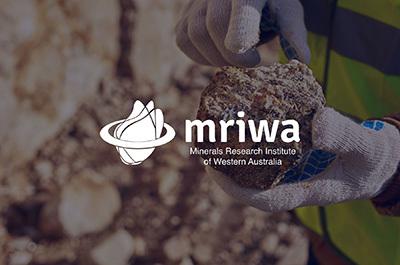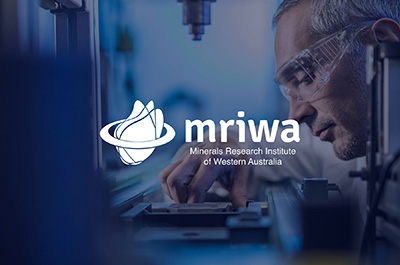Validation and standardisation of sequential leaching tests to better predict the impact of mining on ground and surface water quality
Project Overview
Project Number
Total Grant Value
Program Area
MRIWA Contribution
Project Theme
Project Period
The Challenge
Kinetic leaching studies used to predict the long-term impact of mining on ground and surface water quality can take up to two years. This can delay the execution of environmental impact, mine waste management and mine-site closure assessments.
Key Findings
A faster sequential leaching method can provide an initial assessment of potentially problematic iron ore mine waste behaviour in a range of leach environments including saline, acid/alkaline and low redox.
This method can be applied as a sample screening tool to supplement existing acid/base accounting for classifying mine waste and providing early identification of risks, assisting operators in directing and prioritising longer term and more costly kinetic studies.
Benefits to WA
The ability to rapidly determine potential mine waste seepage risks would support proactive implementation of mitigation strategies, allowing planned mining operations to commence faster without increasing the environmental risk of operations.
Keywords: sequential leaching, iron ore, acid mine drainage, metal leachate, ground water contamination
Similar Projects
Page was last reviewed 17 June 2021


